Features

G20 Summit 2024: Agenda and Promising Early Signs
The G20 Summit 2024 agenda promises to focus on advancing climate crisis solutions and the clean energy transition, addressing social inclusion, poverty and hunger, scaling up green capital for developing countries, reforming MDBs and discussing taxation on billionaires.
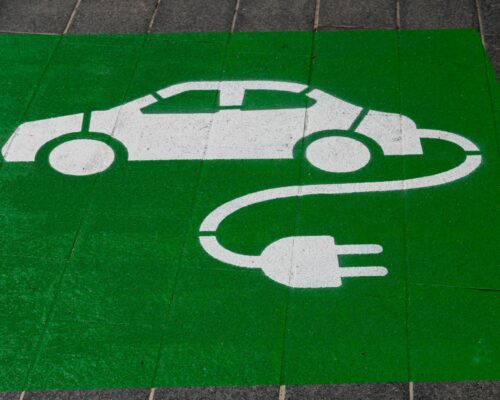
How to Decarbonise Transport: A Challenging But Realistic Mission
Decarbonising the transport sector will be challenging, especially in the air and maritime segments. However, progress in road transport shows that bringing technical, commercial and scalability barriers is possible if there is strong policy support.
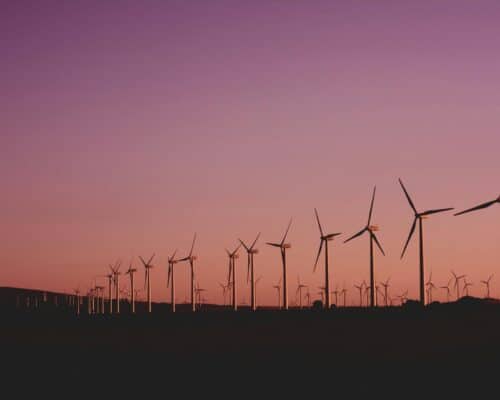
Affordable and Clean Energy: How to Achieve?
In a special report, the International Energy Agency notes that accelerated clean energy deployment will...

LNG Projects in the Philippines: Share of San Miguel Corporation
The Philippines continues its liquefied natural gas (LNG) development trajectory despite its cost, environmental impact and widespread disapproval. Manila-based conglomerate San Miguel Corp. (SMC) is spearheading this development.
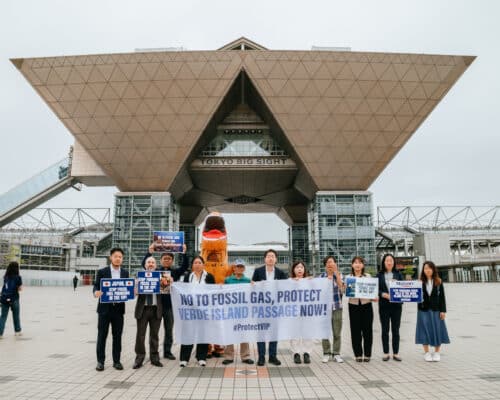
Greenwashing on the Agenda at Japan Energy Summit 2024
The Japan Energy Summit, held recently, included sessions on pioneering innovative energy technologies and accelerating decarbonisation in its agenda. Unfortunately, these sessions pushed fossil fuel narratives instead.

Offshore Wind Offers South Korea Huge Economic Opportunities: GWEC
According to the GWEC, offshore wind power can bring South Korea 770,000 new jobs and 87 trillion won (USD 63 billion) in investments over seven years. However, unlocking these gains requires a holistic plan where the government and stakeholders collaborate to introduce favourable supporting policies and advance community-focused offshore wind deployment.
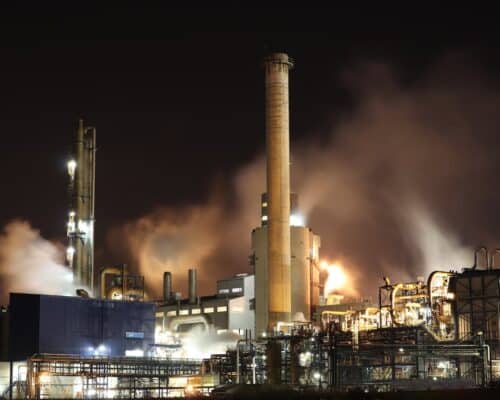
High Costs and Renewables Surge Weaken Asian Gas Demand Forecasts
Long-term gas demand growth forecasts are starting to show signs of weakness due to energy security issues, national decarbonisation goals and the continuously decreasing costs of renewables.

Japanese Megabank MUFG Continues to Bankroll Fossil Fuel Development
Global financial institutions are still funding fossil fuel projects despite warnings over climate change. Japanese megabanks, for their part, continue to top the list. Mitsubishi UFJ Financial Group (MUFG), Mizuho and Sumitomo Mitsui Financial Group (SMBC Group) ranked among the 10 worst in fossil fuel funding in 2023.
Can Green Hydrogen Decarbonise Asia?
Hydrogen has long been promised as a clean fuel source with the potential to aid in transitioning away from fossil fuels. A recent report by the High-level Policy Commission on Getting Asia to Net Zero and the Asia Society Policy Institute highlights how green hydrogen could help decarbonise global steel production in Asia's major economies. Green hydrogen could have a significant impact in this prime sector.

Hydrogen’s Role in the Asia Pacific’s Energy Transition
Experts warn that achieving net zero in less than 30 years requires an increased focus on efficient and commercially available solutions like solar and wind, not conceptual ideas like hydrogen.
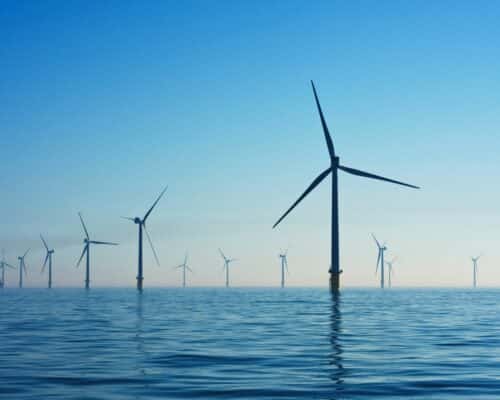
Wind Energy in Japan: Prospects, Benefits and Future
While Japan’s government increasingly considers wind energy a viable option, the progress is still sluggish. Accelerating it requires addressing various administrative burdens and introducing more ambitious policies.
The Renewable Energy Policy in Vietnam Risks Deterring Investors
Maintaining a healthy ongoing dialogue with clean energy investors and project developers is critical if Vietnam is to get back on track and continue stunning the world with its renewable energy progress.
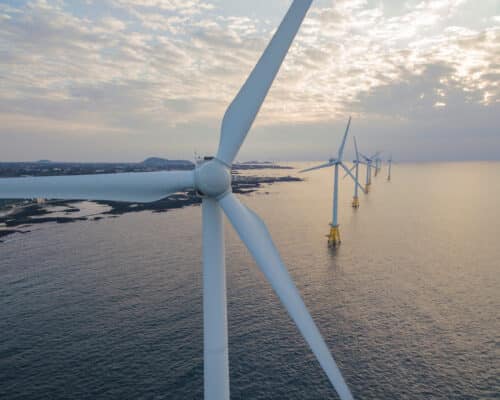
South Korea’s Energy Mix and Its 10th Basic Energy Plan
South Korea's decarbonisation progress so far makes hitting its 2030 and 2050 targets unrealistic. In its current form, the 10th Basic Energy Plan that will come into force this year is unlikely to change that. The country needs more ambitious renewable energy targets, a sentiment also echoed by South Korea's biggest businesses.
Malaysia’s Energy Transition: Challenges and Opportunities
Malaysia has great potential for clean energy alternatives like solar and hydropower. On paper, its energy transition is already mapped out. The question is whether it will follow this path or lock itself into a future of fossil fuel energy dependence.
Most Popular
Categories
-
10
-
35
-
126
-
4
-
17
-
46
-
52
-
11
-
10
-
15
-
24
-
6
-
1
-
5
-
6
-
285
-
200
-
17
-
24
-
1
-
1
-
23
-
41
-
44
-
88
-
18
-
86
-
41
-
17
-
11
-
43
-
54
-
86
-
299
-
22
-
44
-
36
-
11
-
42
-
36

